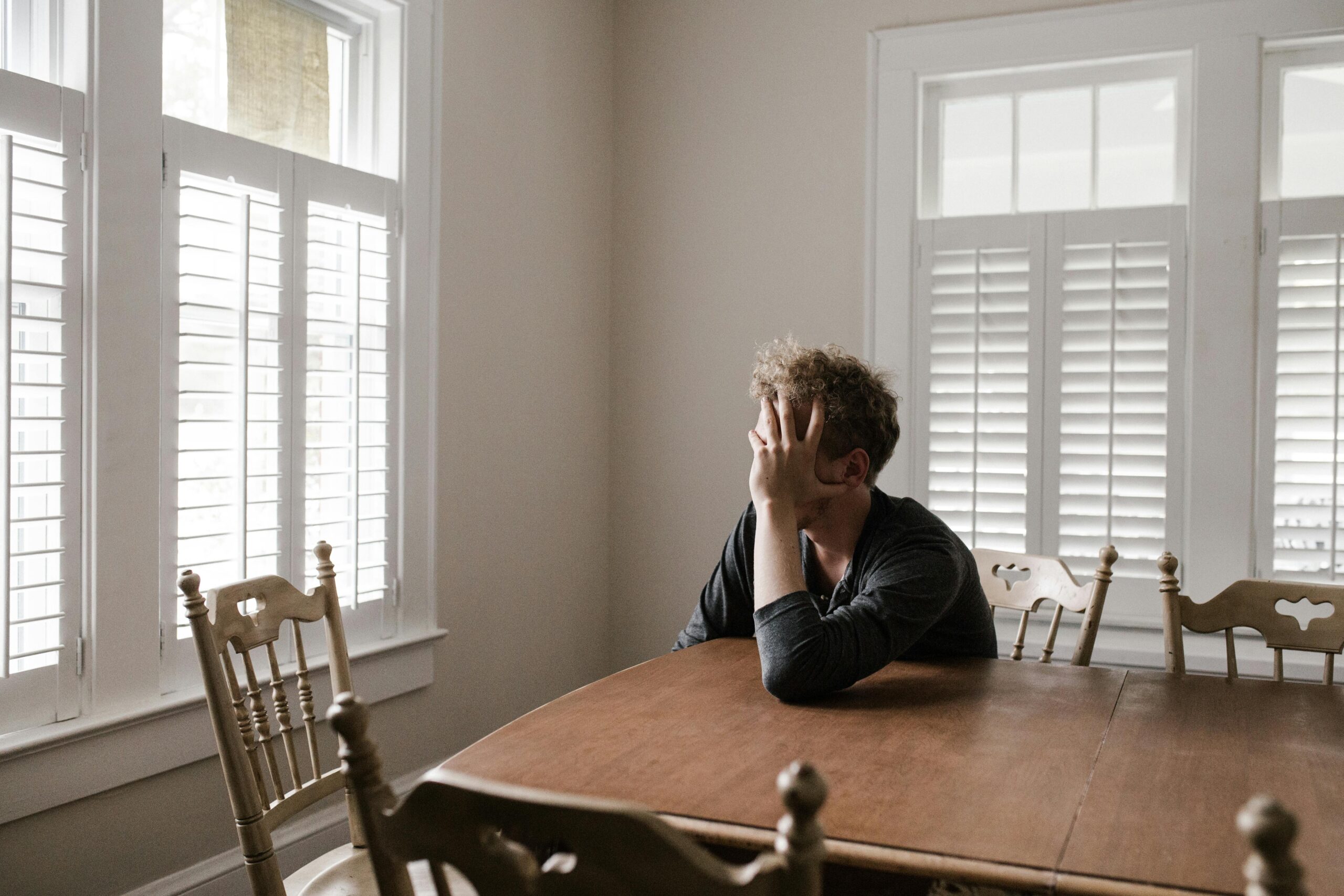This morning my phone “blew up,” as they say, with Facebook messages, texts, Instagram DMs and WhatsApp messages, after Donald Trump’s victory was confirmed by the major news outlets. Some were from Democratic friends and Kamala Harris supporters, but many were from LGBTQ people—some whom I knew, some whom I didn’t—expressing the same sentiment: fear. I won’t quote directly but in essence people wrote a variation of three things: I feel so afraid today. I’m feeling really hopeless. And worst of all: I’m almost suicidal today.
It’s perhaps not surprising.
Senator JD Vance, the newly elected vice president. has a history of anti-LGBTQ rhetoric, including defending the “groomer” smear campaign against Democratic candidates who supported LGBTQ rights. At President Trump’s Madison Square Garden rally, Mr. Trump said, “We will get … transgender insanity the hell out of our schools.” In local campaigns, things might have been even worse. Valentina Gomez, a Republican candidate who lost her bid to become Missouri’s secretary of state, burned LGBTQ-themed books and mocked people who were “weak and gay.” Lieutenant Governor Mark Robinson, running for governor of North Carolina, who called LGBTQ people “filth,” lost the race but won 40 percent of the vote.
Beyond these specific comments, the tenor of the campaign run by Mr. Trump and Mr. Vance—dark, negative and nihilistic, with an undercurrent of “us” versus “them”—frightened many LGBTQ people. And LGBTQ people fear that they are the “them.” A few days ago, one gay man told me that if the Trump/Vance ticket prevailed it would be like the bullies who tormented him on the school playgrounds had won.
Of course not every LGBTQ person feels like this and I’m sure that many voted for President Trump. Still, let me say a few things to my LGBTQ friends who are afraid today.
- There is help. If you are suicidal or contemplating self-harm, remember there are trained professionals to help you. There are many hotlines that can provide you with professional help, including the Trevor Project, geared towards LGBTQ youth. You can also reach the Suicide and Crisis Lifeline by dialing 988.
- Remember you have allies. It may not feel that you will have many in the White House or even your State House, but you have allies around you. In difficult times, reach out to a fellow LGBTQ person, a trusted family member, an ally, or a sympathetic priest, brother, sister, pastor, minister, rabbi or imam and be reminded that you are not alone. If you still feel alone, Outreach has dozens of stories of people in the LGBTQ community who have found rich and fulfilling lives.
- Don’t despair. “I feel hopeless today” may seem reasonable to LGBTQ people in the face of the election results, but hopelessness is never coming from God. In his classic text The Spiritual Exercises, St. Ignatius Loyola, the founder of the Jesuits, reminds us that those feelings of “gnawing anxiety” and despair are not coming from God. Hope, on the other hand, is. And if you find yourself “doom scrolling,” trying to mine as many websites as possible for the latest tidbit of information, consider putting down your device and taking a break. Maybe go for a walk or call a friend. This kind of search for news is understandable, especially in uncertain times, but it might simply lead to feelings of further hopelessness .
- Stand by your friends. If you’re upset, chances are your LGBTQ friends might be, too. Text them, call them or visit them. Basically, just be with them. Jesuits often call this the “ministry of presence,” which means that you may not be able to change things (an illness or, in this case, the outcome of an election) but you can be with a person in their struggles. Simply having someone by your side (physically, if possible) is a great comfort.
- Take the long view. Rome wasn’t built in a day. Neither was Stonewall. The move towards greater acceptance for LGBTQ people is often two steps forward, one step back—and sometimes even two steps back. This is the case both in the larger society and the church.
- Pray. Recommending prayer may seem like a cheap panacea. As in, “Just close your eyes and connect with God and you’ll feel fine.” But before you feel fine, you may need to be honest with God about how you feel now: afraid, angry, sad or disappointed. Those were all words I heard today. Be honest with God. Speak to God, as St. Ignatius said, “as one friend speaks to another.” Then look for signs of God’s presence around you today.
- Don’t be surprised by evil. Homophobia has been around for a long time and is often used by politicians as a way of setting up, once again, the us-versus-them dynamic, or employing what sociologists call a “moral panic” (that is, a feeling that an “evil,” in this case, LGBTQ people, somehow threatens the well being of society or is poisoning our world). We saw this dynamic play out explicitly during the campaign, with some ads from the Trump campaign and his supporters specifically targeting LGBTQ people, calling members of the community, “they/them.” Mr. Vance sought to instill division even within the LGBTQ community, by claiming in an interview that he believed he and Mr. Trump would win the “normal gay guy vote,” whatever that means. The “us versus them” trope was of course fought by Jesus himself, for whom there was no “us” or “them,” only us. And whenever he needed to take sides, he sided with the “them.”
- Don’t debate with family or friends. Many LGBTQ people will have parents or family members who voted for President Trump. There is no need to enter into heated debates while you are feeling at a low ebb. The upcoming holiday season is an especially good time for a “time out” from politics and other controversial matters.
- Contribute. Do you want to make sure that LGBTQ people are protected over the next four years? Volunteer, contribute or in some way support your favorite LGBTQ group, organization or ministry. They’ll need your help so that they can help others in need.
- Never give in. Today’s First Reading speaks of St. Paul pouring himself out for his friends, “like a libation,” or an offering spilled freely on the ground, and invites us to do the same, even when he feels he is in the midst of a “crooked and perverse generation” (Phil 2:12-18). For more contemporary inspiration, I like something from a biography of Winston Churchill I’m reading—hardly an LGBTQ advocate but we can take heart from some of his indomitable spirit. He was battling Hitler; you’re battling the enemy of homophobia. And so, “Never give in, never give in, never, never, never, never–in nothing, great or small, large or petty—never give in except to convictions of honour and good sense. Never yield to force; never yield to the apparently overwhelming might of the enemy.”




